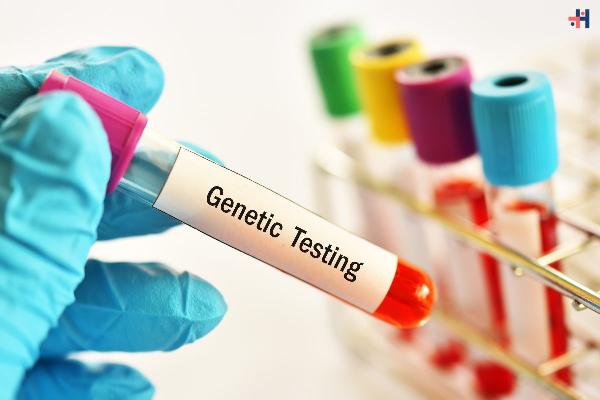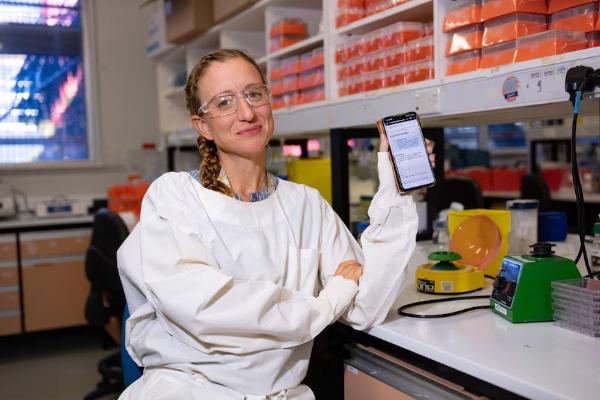New Genetic Link to Obesity Identified in Blood Group Study

Strong 8k brings an ultra-HD IPTV experience to your living room and your pocket.
New Genetic Link to Obesity Identified in Blood Group Study | Healthcare 360 Magazine
Researchers from the University of Exeter have identified a new genetic link to obesity. This breakthrough study found that individuals lacking the Vel blood group, due to a variant in the SMIM1 gene, are more likely to be overweight or obese. The research, which may impact around 300,000 people globally, shows that the SMIM1 gene variant causes decreased resting energy expenditure, contributing to higher body weight.
The SMIM1 gene was only discovered a decade ago when scientists were searching for the gene responsible for the Vel blood group. One in 5,000 people lack both copies of this gene, making them Vel-negative. These individuals exhibit other obesity-related characteristics such as high levels of fat in the blood group, signs of fat tissue dysfunction, increased liver enzymes, and lower levels of thyroid hormones. This discovery could pave the way for new treatments targeting this specific genetic cause of obesity.
Implications for Healthcare and Treatment
Published on June 20 in the medical journal Med, the study received funding from the National Institute for Health and Care Research (NIH) and the British Heart Foundation. It involved collaboration with partners from the University of Cambridge, the Sanger Institute, Copenhagen University in Denmark, and Lund University in Sweden.
Lead author Mattia Frontini, Associate Professor of Cell Biology at the University of Exeter Medical School, highlighted the increasing obesity rates, which have nearly tripled in the past 50 years. By 2030, over one billion individuals worldwide are projected to be obese, posing a significant economic burden on healthcare systems due to related diseases and complications. Frontini emphasized the need to investigate the genetic causes of obesity to develop appropriate and effective treatments and reduce the social stigma associated with the condition.
Obesity results from an imbalance between energy intake and expenditure, influenced by lifestyle, environmental, and genetic factors. In a small minority of people, genetic variants are the primary cause of obesity. Identifying such genetic factors can lead to targeted treatments benefiting those affected.
Future Research and Practical Applications
To make this discovery, the team analyzed the genetics of nearly 500,000 participants in the UK Biobank cohort, identifying 104 individuals with the SMIM1 gene variant (46 females and 44 males). They also used the NIHR National BioResource to obtain fresh blood samples from both Vel-negative and positive individuals. The collaboration with NHS Blood and Transplant (NHSBT), involving over 100,000 blood donors, facilitated this genetic research. The SMIM1 variant could significantly contribute to obesity in around 300,000 people worldwide.
Further analysis in four additional cohorts confirmed that the SMIM1 gene variant impacts weight, adding an average of 4.6kg in females and 2.4kg in males. Co-author Jill Storry from Lund University expressed excitement about discovering SMIM1’s broader role in human metabolism beyond its known function as a blood group protein.
Professor Ole Pedersen from the University of Copenhagen looks forward to translating this new knowledge into practical solutions for individuals with this genetic makeup in blood group. Dr. Luca Stefanucci from the University of Cambridge emphasized the importance of providing information and support to those identified with the SMIM1 gene variant as genetic data becomes more readily available.
Note: IndiBlogHub features both user-submitted and editorial content. We do not verify third-party contributions. Read our Disclaimer and Privacy Policyfor details.







